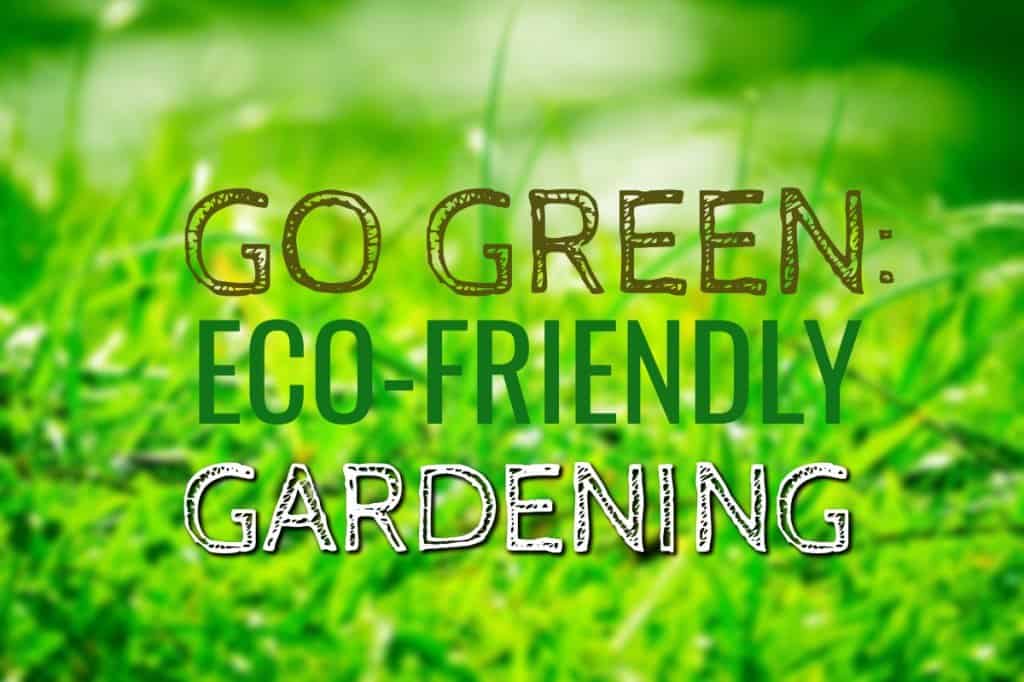Green gardening is all about making your garden as eco-friendly as possible. Stepping away from the pesticides and insecticides are just a small part of how to create a green garden. Turn your outdoor space into a safe haven for wildlife with these eco-friendly gardening tips.
Start Composting
Composting is a great way to put nutrients back into your garden when you cut flowers and pull up weeds and crops. Fill a compost bin with raw vegetable waste and old newspapers, making sure you maintain a ratio of one part green waste to three parts brown waste. This helps to achieve the right balance of nitrogen and carbon for the soil.
If used correctly, the compost won’t smell or attract unwanted vermin and will provide you with fantastic compost to help your crops grow. Homemade compost is a great mulching material which holds in much-needed moisture around the roots of the plants.
It’s a good idea to turn your compost with a garden fork every couple of months. You can also add manure to the compost to kick-start the process. In a few weeks, you should have a rich, dark compost which will add tons of nutrients back into your garden.
No Pesticides / Insecticides
Pesticides, or the lack of them, are the first thing we think of when hearing the words “organic.” But, there’s a reason more and more people are turning to environmentally friendly gardening. By saying no to pesticides, you will most definitely attract more wildlife into your garden and you can still keep the pests at bay, naturally. Here are a few ways to do it;
- Encourage bug-eating birds into your garden by adding a bird bath and a hanging feeder containing nuts.
- Deter slugs and snails by making barriers of grit or crushed eggshells around plants. If you do choose to use slug pellets, choose the ones which are not harmful to animals.
- Plant bright flowers such as sunflowers and marigolds which will distract ladybirds and crop-destroying aphids like the blackfly.
Grow Plants in Recycled Bottles
If you are worried about the amount of plastic which is thrown in the bin, try saving your plastic water bottles and turn them into hangers which you can grow plants in!
Save Rainwater
By collecting rainwater to use in your garden, you not only save money on your water bills but you will also enable your plants to thrive. Treated water from your tap is not as good for plants as oxygen-rich rainwater and you can collect plenty throughout the year.
All you need is a rain barrel with a downspout and you can start collecting your own rainwater. Some shed guttering kits are designed to run into a water butt and these make a great addition to your garden as you are saving water for your garden while ensuring your shed is protected from the rain.
It’s best to water your plants either early in the morning or late in the evening, especially on hot days as the water won’t evaporate as quickly. This green gardening idea is worth trying out, if not for saving you money alone!
Ponds
Ponds offer an important wetland habitat for insects, fish, mammals and birds. Amphibians are also great for your garden as tey eat all sorts of unwelcome pests. If your pond is in a sunny spot it will attract different types of wildlife than ponds in a shady spot. Encourage wildlife into your eco-friendly garden with the addition of a pond.

